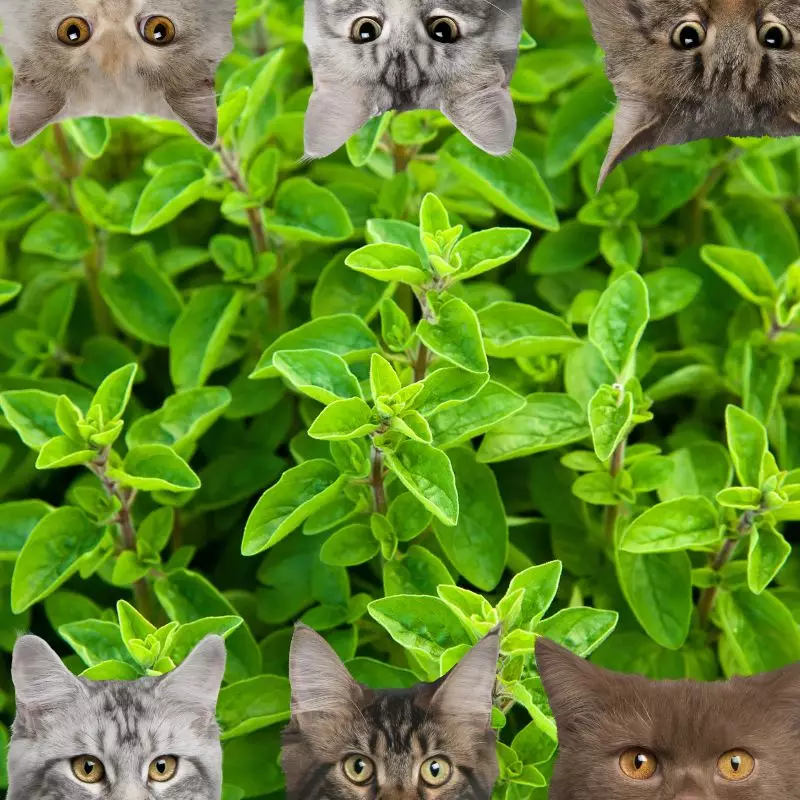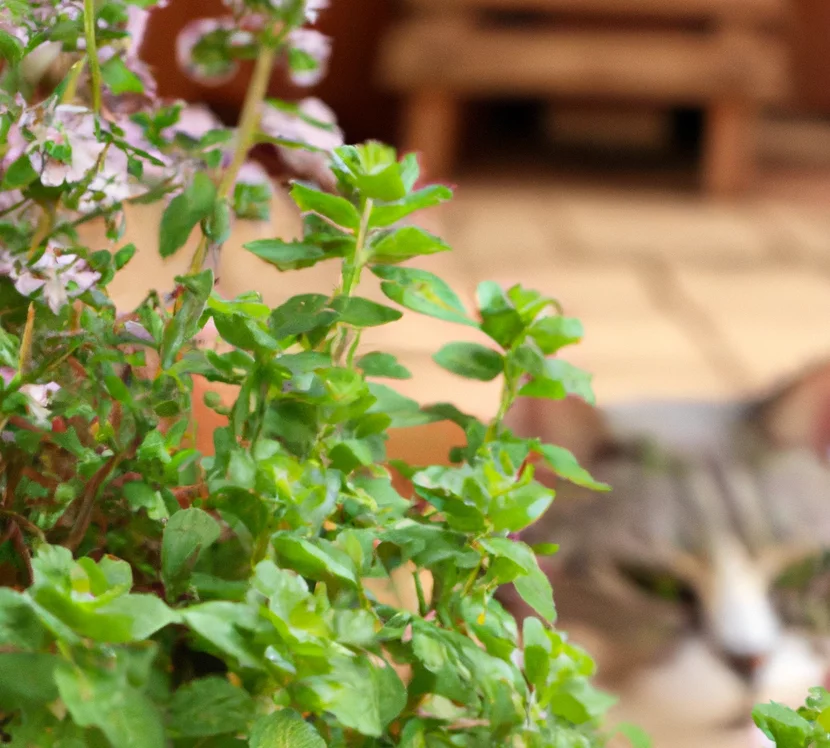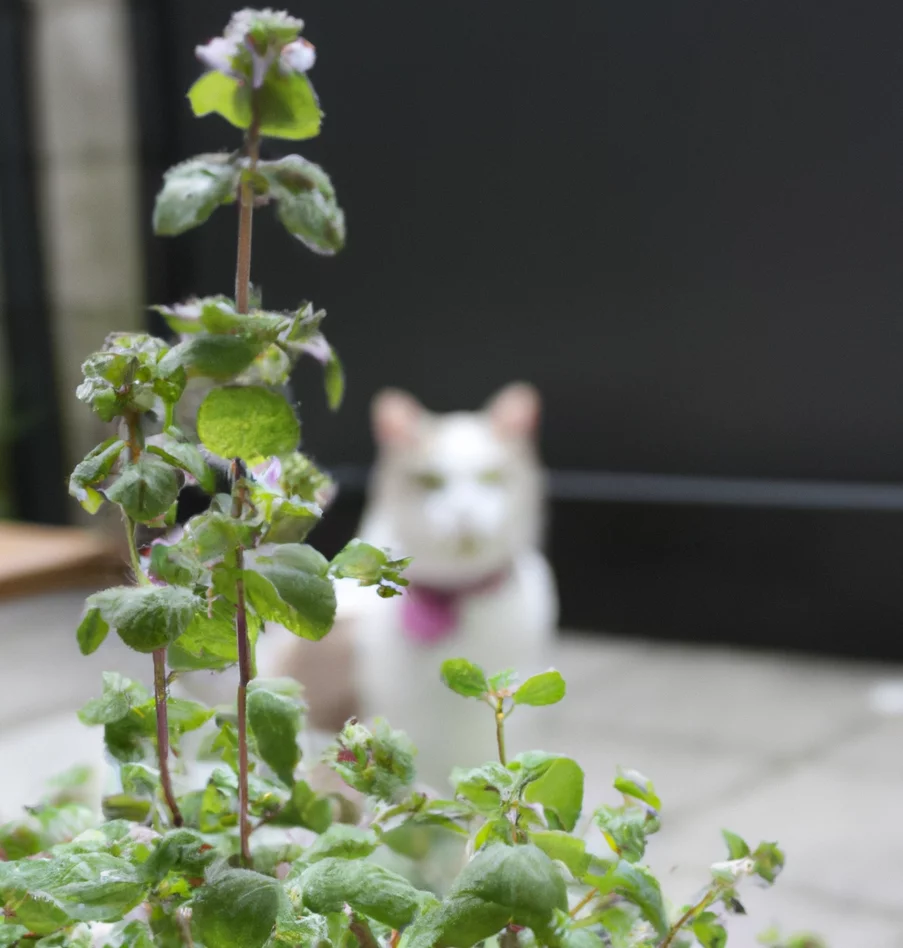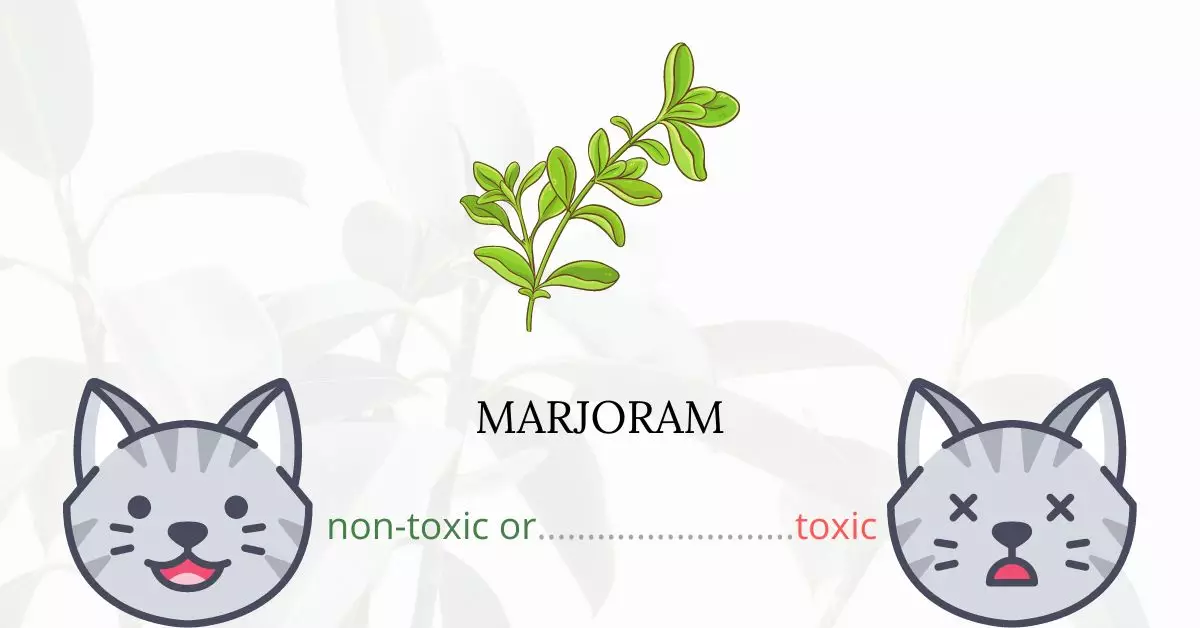Marjoram, a plant renowned for its aromatic leaves, is indeed toxic to cats due to its high concentration of essential oils and presence of other irritants within its tissues. Essential oils, while beneficial for humans and widely used for various medicinal purposes, can have detrimental and sometimes potentially fatal effects on cats, ranging from mild discomfort to severe toxicity based on the specific oil encountered.
This article is meticulously written in collaboration with a team of experienced Doctors of Veterinary Medicine (DVMs), who have provided invaluable insights to ensure the accuracy and relevance of the information presented, focusing particularly on the potential risks associated with marjoram and its effects on felines. Their professional contributions enable us to offer you the most up-to-date and reliable information, further substantiated through extensive research on high-authority websites such as ASPCA and PetMD, ensuring every piece of information is credible and valid. Through this comprehensive approach, we aim to enhance awareness about the implications of various plants on pet health and safety.
Clinical Signs of Marjoram Poisoning in Cats

When a cat comes into contact with, inhales the aroma of, or ingests the marjoram plant, certain clinical signs can emerge. These symptoms arise due to the plant’s rich concentration of essential oils and other irritants which are toxic to felines. Although these clinical signs are typically not life-threatening, they can put a cat at risk due to potential dehydration and discomfort. Here’s what pet owners should watch out for:
- Vomiting: If ingested, the irritants in the marjoram plant can cause the cat’s gastrointestinal system to react adversely, leading to vomiting as the body attempts to expel the harmful substances.
- Diarrhea: Similar to vomiting, diarrhea is another method by which the feline body tries to rid itself of toxins. The essential oils and irritants in marjoram can disturb the cat’s digestive system, resulting in loose or watery stools.
- Hypersalivation: The aroma or taste of marjoram can lead to excessive drooling or salivation in cats. This is often the body’s immediate response to an unfamiliar or unpleasant taste, or it may be a result of oral irritation caused by the essential oils present in the plant.
It’s crucial for cat owners to recognize these symptoms early on and seek veterinary advice if they suspect their feline has come into contact with or consumed marjoram. Immediate action can minimize the discomfort and potential complications for the affected cat.
First Aid and Treatment of Marjoram Poisoning in Cats

While unpleasant, marjoram poisoning is not as deadly as poisonings caused by many other plants that contain essential oils. As a result, most veterinarians will refrain from emptying out the cat’s stomach contents, instead preferring to employ activated charcoal to absorb any undigested residues of the poisons.
In case of severe vomiting and diarrhea, there is a high chance that your cat will lose a lot of fluids. Thus, the veterinarian may start the cat on fluid therapy. This will send more water into the cat’s body while also washing out any oils or irritants that may have been digested and avoiding the symptoms of dehydration from taking hold.
Recovery from Marjoram Poisoning in Cats

Most cats recover completely from marjoram poisoning in less than a week. Although the recovery periods may still vary depending on age and general health condition prior to the poisoning incident. Follow-up visits to the vet are typically not required.
Prevention of Marjoram Poisoning in Cats
Avoid planting marjoram in your household. If a marjoram plant is growing in your neighbor’s yard, or anywhere near your area, it would be best to restrict your cat’s outdoor activities. This will help in reducing the risk of getting in contact with toxic plants in your surroundings.
If you love plants but have cats at home, check out these lists:





